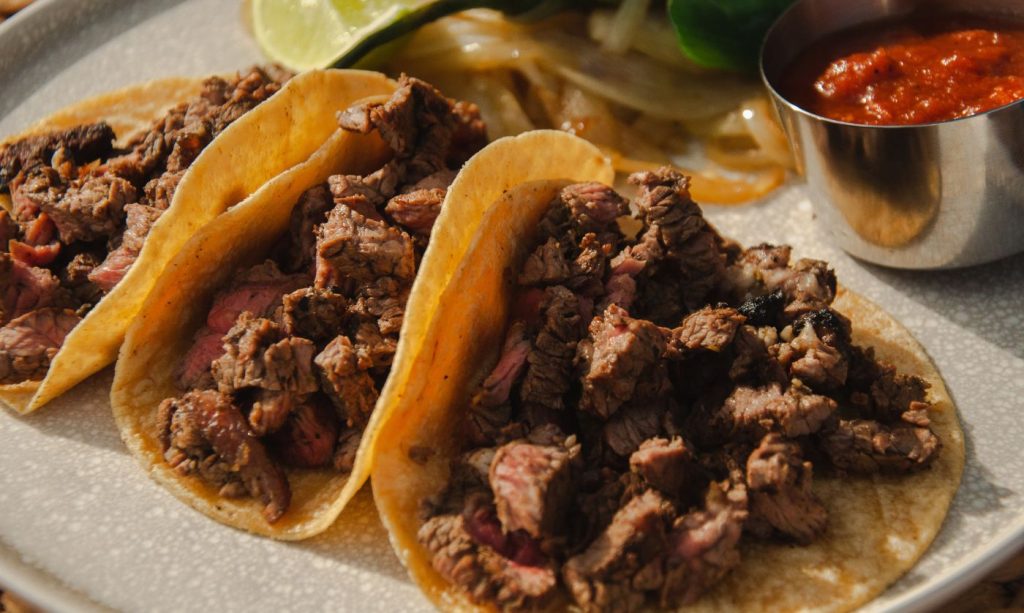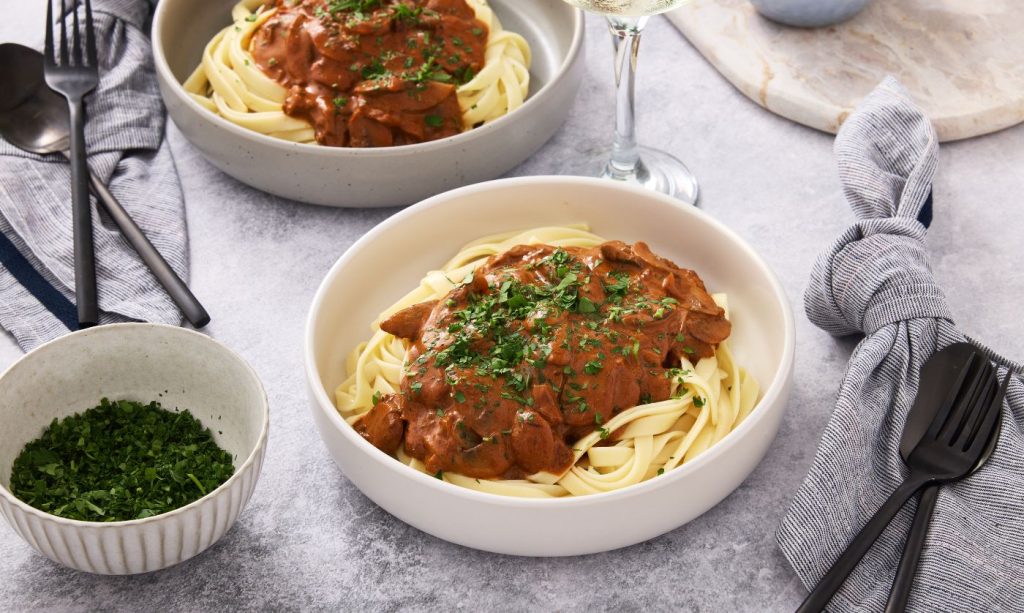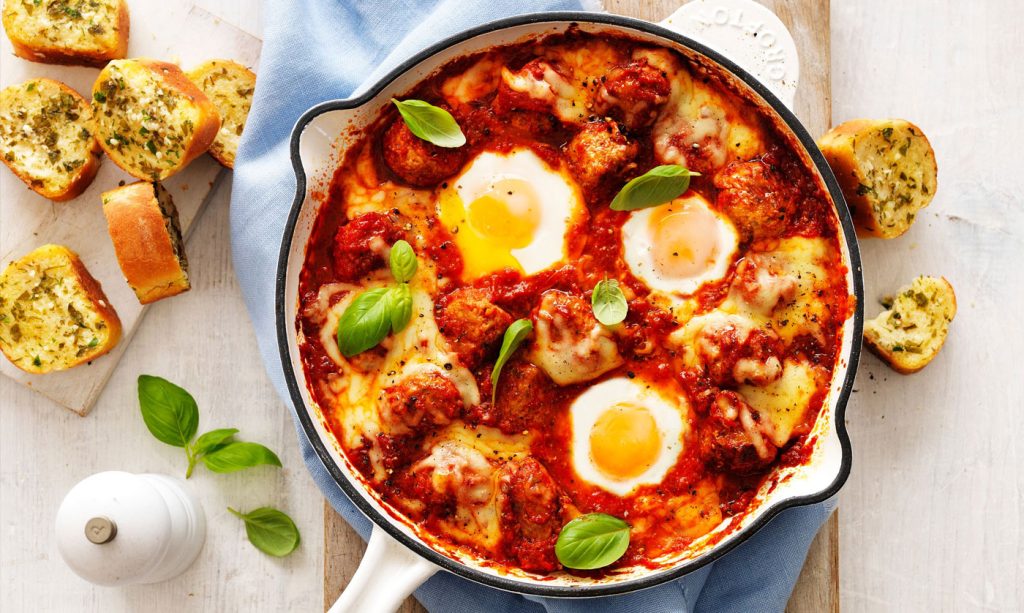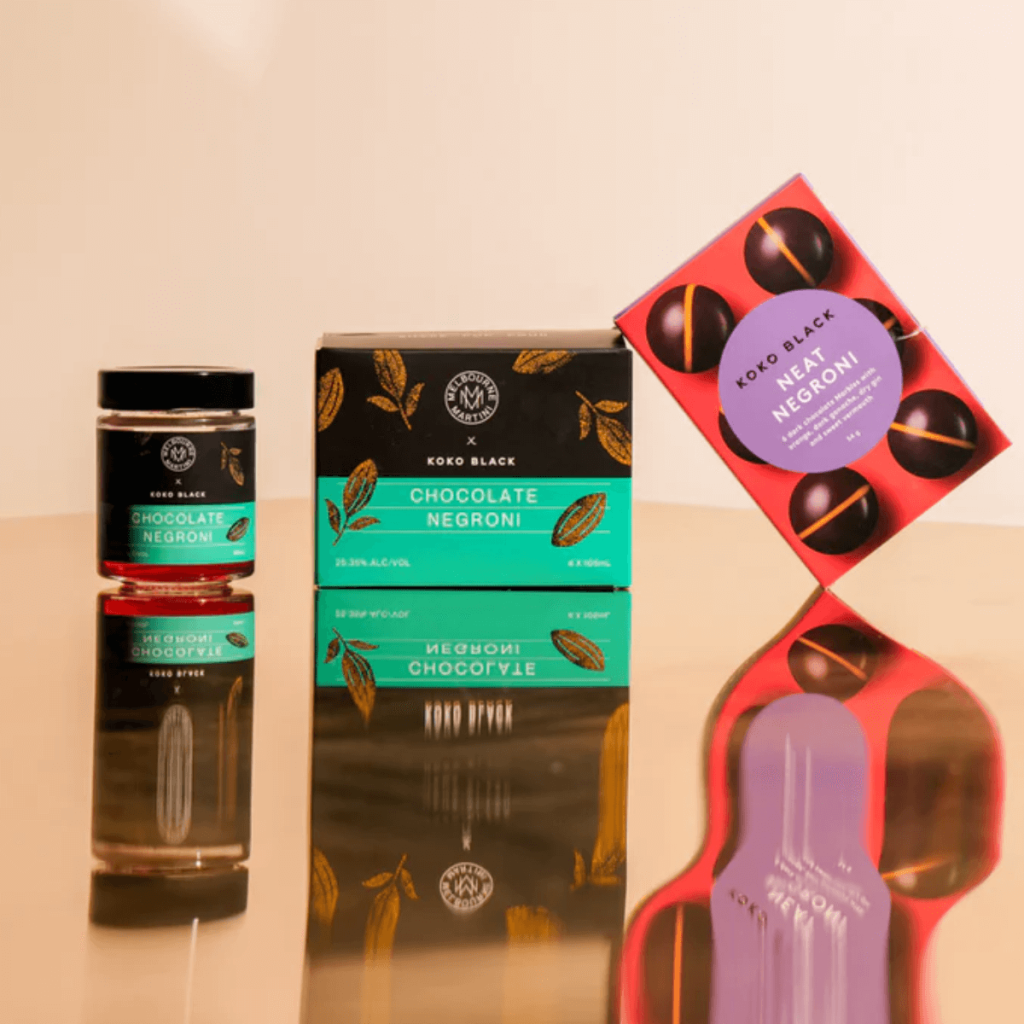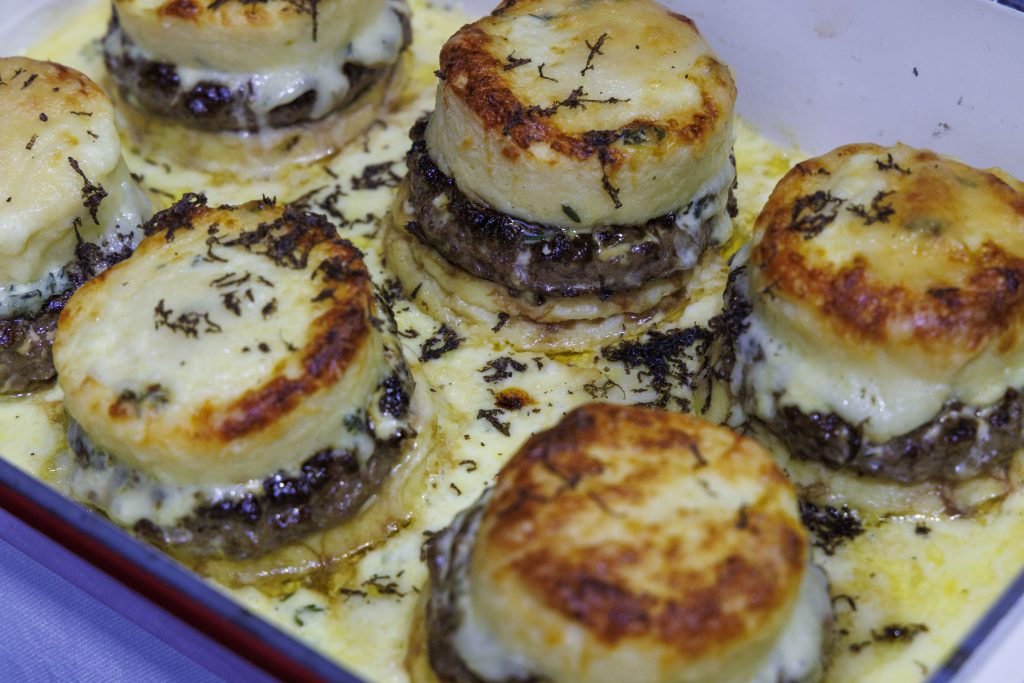Guide to Cooking Oils
Published 11 Jun, 2015Choosing a cooking oil is one of those things that seems like it should be an easy task, until you get to the supermarket and face the overwhelming plethora of options available. Nutritionists and food scientists have done a lot of research into the health benefits of different types of oil and how they interact with the cooking process, and have found that certain oils are better for specific cooking techniques.
You may have heard the term ‘smoking point’ thrown around when it comes to choosing which oil to use for certain tasks in the kitchen. Smoking point is exactly what it sounds like, the point at which the oil literally begins to smoke. This can be an important consideration because as oil begins to smoke, nutrients are destroyed and potentially health-harming compounds are formed.
Olive Oil
A favourite kitchen essential, olive oil is often the first choice we reach for when cooking. Its rich flavour makes it perfect for drizzling over salads and finishing dishes. It can also be used for baking and sautéing, but because of a low smoking point it generally shouldn’t be used for any high temperature frying.
A key staple in the popular Mediterranean diet, olive oil is high in antioxidants, which are good for heart health, and monounsaturated fatty acids which research has shown to lower cholesterol.
Canola Oil
Canola Oil has one of the highest smoking points at 200 °C, making it an ideal all-round oil for cooking. It is also very low in saturated fat, with only 7%, and a good source of omega-3 fatty acids, which is linked to heart health.
Canola oil has a very neutral flavour making it perfect for blending with other ingredients but not the best choice for dressings or drizzling where extra flavour is needed.
Coconut Oil
Relative newcomer on the block, coconut oil has a distinct sweet flavour and medium smoke point, which makes it great for baking as well as for certain sautéed dishes. It comes in a solid form so you need to heat it for that oil consistency, making it a bit tricky to use for dressings and finishing dishes.
There is a lot of debate around the nutritional content of coconut oil due to its high levels of saturated fat. While some nutritionists recommend keeping your intake to a minimum, advocates argue that the medium chain fatty acids help to prevent high cholesterol & high blood pressure, while increasing your metabolic rate.
Avocado Oil
Produced from one of natures ‘super foods’, Avocado Oil contains healthy monounsaturated fats, antioxidants, and vitamin A, B1, B2 and E, which are essential for maintaining overall health.
Grove Avocado Oil produces their oil by delicately cold-pressing ripened avocado flesh in a single virgin process.
‘This allows for the retention of the optimum level of nutrients, flavour and natural colour”, Kate from Grove Avocado Oil explains.
Avocado is a very versatile choice with a high smoke point of up to 250 °C, making it perfect for high temperature cooking, while also being a very flavorful option for making dressings or dips.

